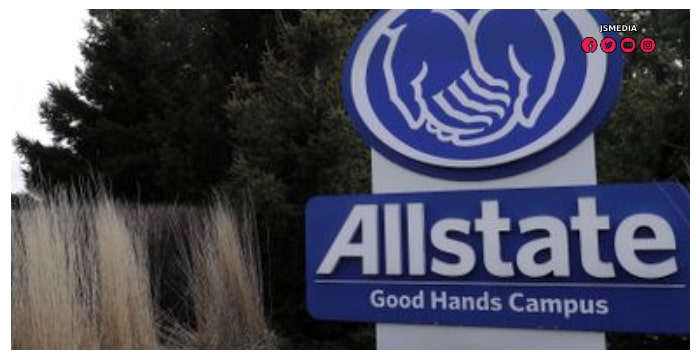JSMedia – Every state has its own Auto Insurance Premium Relief Update Consumer Alert. These updates contain helpful information about how to receive lower auto insurance premiums. The federal government and state regulators are working together to make sure consumers have access to the best available rates and services. The following is a list of important topics to know about and the steps to take to get the best possible rates. The first step to getting premium relief is to contact your insurer. Ask them to “re-rate” your policy based on the mileage of your vehicle.
The CFA/CEJ reported that state regulators should do more to ensure consumers receive relief. New Mexico, Michigan, and California all made a law requiring insurers to refund customers in the first wave of cancellations. Unfortunately, Illinois does not have a law mandating auto insurance premium relief. However, the Illinois Department of Insurance did suggest that insurers share the pandemic windfall with consumers. While some states have begun to refund premiums, there are no laws in Illinois mandating such relief.
A number of major auto insurers have voluntarily offered discounts for all drivers. Many carriers recommend reductions, but most require state regulatory approval. Some carriers have even lowered payment terms, added free coverages for identity theft and delivery services, and extended other accommodations to their policyholders. Some commercial lines carriers have also stepped up their premium relief efforts. If you are in need of an auto insurance policy, make sure you get it through a top-notch company.
Auto Insurance Premium Relief Update Consumer Alert

The auto insurance premium relief updates are not available for all states. The state government’s Department of Insurance has a website dedicated to the auto insurance Premium Relief. If your state does not have a specific program, check your insurer’s website. It is likely they will offer you some form of “aggregate” premium relief. The amount of premium relief can vary widely by state, so the best way to find out if you’ve received any is to contact your own insurer.
Aside from premium refunds, auto insurers have several other relief programs. For example, some auto insurance companies will give one-time payments or refunds to those with low-income. Others will offer full coverage for the same discounts. Whether your state offers a program, you should take advantage of it. It may help your insurance plan to stay at the same level. Once you’ve applied for a new plan, you’ll see a big difference.
The benefits of premium relief are numerous and varied. Those with personal insurance premiums can obtain a 20% refund check on their premiums through Amica Mutual. These customers can pay with an installment plan. If you’re paying in full, you can save up to $2.4 billion by switching your car insurance. This program may reduce premiums, but it’s important to be aware of the conditions. A policyholder should be able to make the necessary changes.
In addition to a refund, a policyholder may qualify for a one-time payment. In general, a one-time payment will give consumers a chance to pay their premiums. But you should be aware of the terms of the program. You should be sure to get the maximum amount available and make your payments according to your plan. You can’t get a refund if you’re a commercial auto policyholder.
The CFA has graded insurance companies by market share. After reviewing a scorecard, you can sort the insurers by grade and market share. Among the insurers with the worst grades are Amica, National General, Sentry, Alfa, and GEICO. If you’re one of these drivers, you can try calling your provider to see if they’ll give you a refund. These companies have helped millions of consumers get lower car insurance premiums.
The auto insurance premium relief program allows people to get premium relief. It can help with a deductible, or a monthly bill that is more than a hundred dollars. The program also includes other types of relief. The insurers are providing financial assistance to consumers who have had financial hardship. The companies’ efforts to reduce costs for consumers have resulted in billions of dollars in refunds. The CFA has been in the process of creating a scorecard for all insurance companies and will soon release it.

